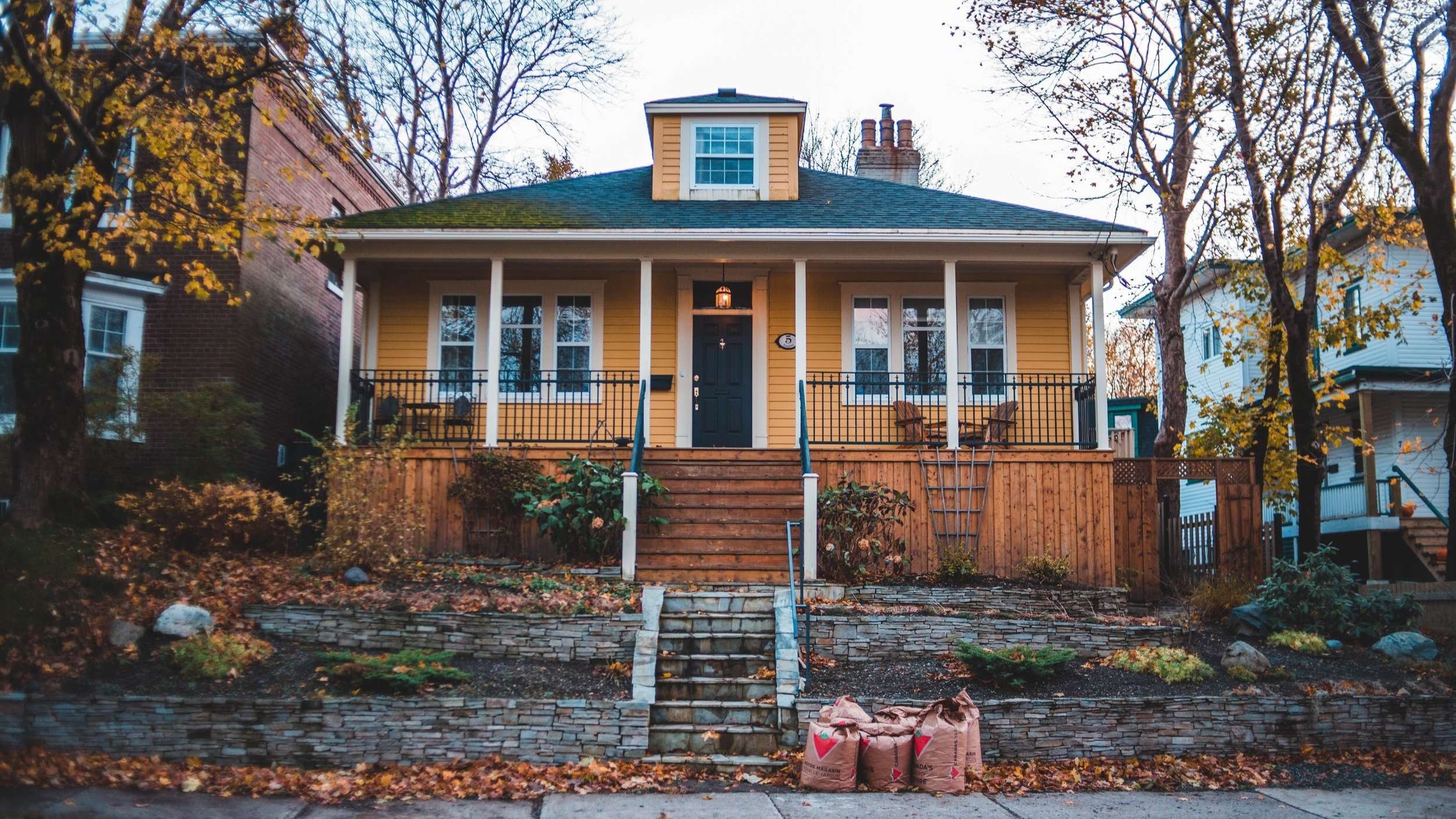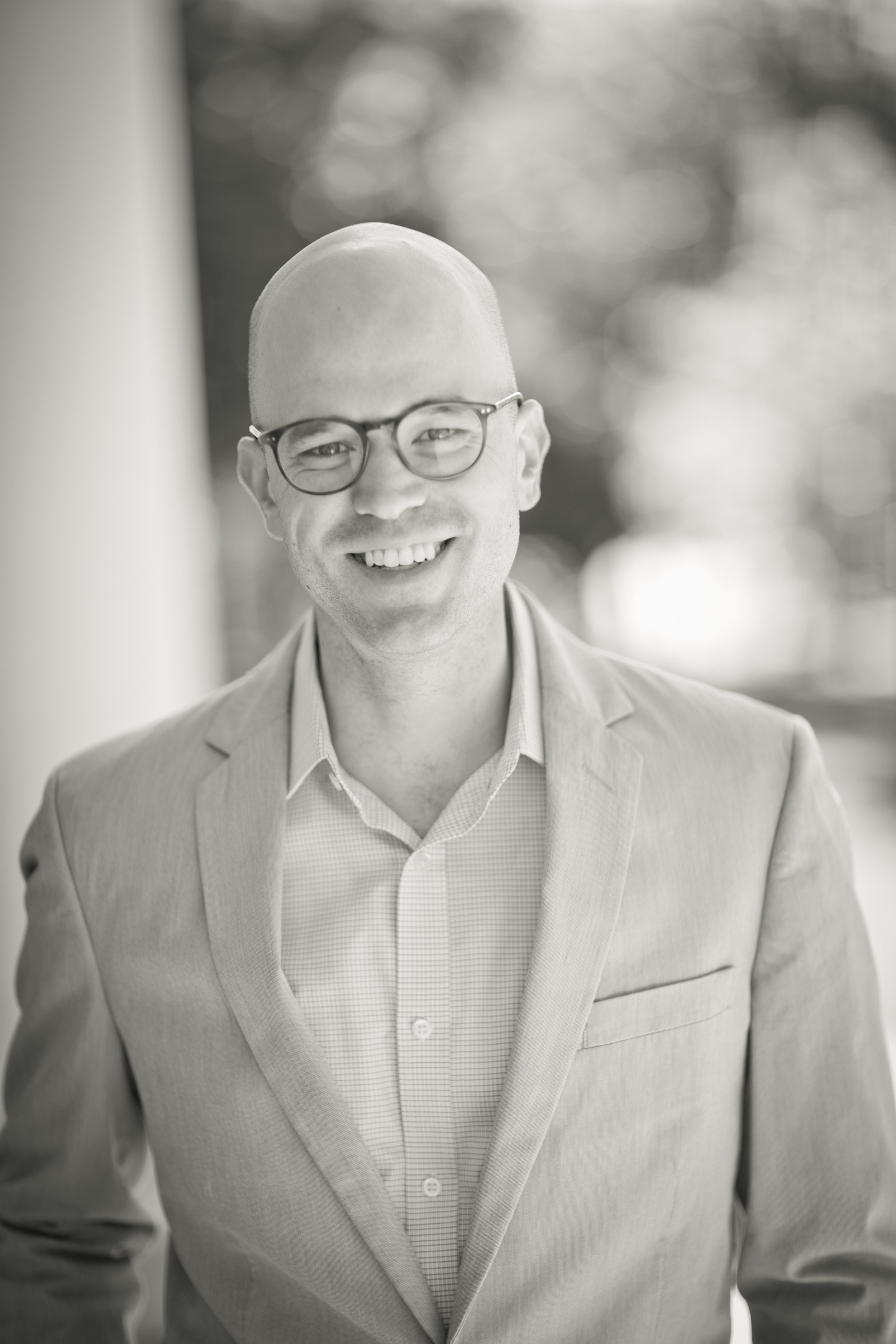In January of 2021, the church I helped to plant merged with a historic congregation in another city-center neighborhood a few miles across town. For ten years we’d been meeting in a school building, and COVID revealed how unstable that scenario always was. After the merger, we now work from an established building in an established neighborhood, an incredible gift from God. But new opportunities bring new challenges, too. This short article is about Pastoral Leadership in an Unequal Zip Code.
Our new neighborhood is one of the oldest in our city. It began as an affluent suburb more than 150 years ago. Now it’s a thriving historic district, with block after block full of carefully restored Victorian homes, brick sidewalks, and streets lined with mature and beautiful trees. The average price for homes sold last month was $700,000. The neighborhood is mostly white.
Just five blocks south of our church, on the other side of a busy access road, sits one of the largest public housing developments in our city. These neighbors live with all the effects of entrenched, generational poverty. The schools have long been low-performing. The crime rate has long been far higher than average. And for decades, this neighborhood has been mostly black.
Within our little square mile of the city, we have in microcosm the fundamental inequalities of American life. The broad strokes aren’t controversial. Inequalities exist in health care, education, employment, income, housing, and incarceration, and that list isn’t comprehensive. The divide between “have” and “have not” often correlates with race.
This is our context. And it became our context in what has surely been one of the most inhospitable of years for talking about racial inequalities in recent memory.
Our church doesn’t yet have the diversity we’d like to see, but we have a lot more diversity, by God’s grace, than we would have apart from what he’s done in Christ. Economically, politically, educationally, ethnically, and in many other ways, we are not all alike and don’t see everything the same way.
We want to be faithful to God in holding out the timeless hope of the gospel and in the way we love our neighbors in the specific time and place where he’s put us. What does this look like? I have sermon applications to write and pastoral prayers to offer and an inbox of regular questions to answer from my friends about how to think and respond to racial inequalities in a faithful way. How do you do these things in a year as polarized and angry as this one has been? How, as a pastor, do you lead with clear application of our biblical calling without binding consciences and alienating brothers and sisters?
Facing the difficulties in our context, here’s where I’m trying to direct our attention:
1. These racial inequalities are not inevitable.
Therefore, they are unacceptable inequalities. I am no utopian. I don’t believe the existence of economic inequality is an indictment on the faithfulness of local churches. I don’t expect us to be able to impose the values of the kingdom from our churches onto our communities. We have good reason to crave heaven more each day, and to resist the urge to build one here for ourselves.
But it is one thing to acknowledge, as Jesus put it, that we will always have the poor with us. It’s another thing entirely to accept that a specific racial minority must always be poor.
As Christians we have rock solid theological reasons to believe that inequality should not correlate to factors as arbitrary as skin color unless something has gone horribly wrong. We affirm the dignity and capacity of all who are made in God’s image. We believe God created from one man every people and nation. When he determined their “allotted periods and the boundaries of their dwelling place,” he did not assign to any of them a perpetual underclass status (Acts 17:26). Where inequality correlates to race, generation after generation, it’s not about the inherent abilities of the people involved. It’s about unjust, historical factors that must be examined and addressed.
Because these inequities aren’t inevitable, we can’t make our peace with them. I’m trying my best to encourage my friends to put more energy into helpful solutions than into shooting down solutions that other people come up with.
I’ve seen plenty of responses to inequality that rely on ideas and assumptions about the world that aren’t compatible with Christianity. I’ve also seen proposals from well-meaning Christians that I don’t see as biblically convincing or practically feasible. But I’m reminded of that quote from D.L. Moody, when someone complained that his methods were unsound or shortsighted: “I like my way of doing evangelism better than your way of not doing evangelism.”
I want our church members to be lovingly, relentlessly dissatisfied with the way things are and to be eager to help one another love our neighbors in ways that honor God.
2. We must be unified in compassion.
In the online discussion of inequality and racial justice, it’s all too easy to turn precious people into political footballs, fumbled back and forth between enemies who really just want to tackle one another. The people involved become barely more than props for some other agenda.
If online conversations draw most of our attention, of course we’ll come to these issues with caution, trying to cover our own flank and look for any weakness to exploit on the other side. But we want our focus locked on the suffering of our neighbors instead.
What Jesus shows us through the Good Samaritan is so helpful on this front. When the Samaritan comes upon the wounded man he doesn’t need to know how this happened. He doesn’t ask whether the man was hanging with the wrong crowd or whether he should have been on that road at that time in the first place. He sees a neighbor in need and knows he can help. This is enough for him. And this is the baseline of compassion that reflects the beauty of Jesus.
Sure, our ideas matter, ideas affect practice, and not all of us will have the same ideas about the social problems in our context. I believe the causes of inequality are complex, far beyond what I can understand. I don’t know how to properly assess the effect of historical oppression on personal agency at an individual level, much less for a whole neighborhood or city or nation. It’s not reasonable to expect a diverse congregation to see everything in lockstep.
But it cannot be too much to expect us to be driven by compassion and to recognize and honor that compassion in one another, even where we disagree.
There are friends in our church applying themselves to the problems of inequality in all sorts of ways. Some focus on health care access. Others invest in business training for entrepreneurs among former offenders. I’m thinking now of two brothers who see education as a historical contributor to and a powerful pathway out of poverty. One of them sees potential in education choice and focuses on making options available to disadvantaged families. Another works full-time to improve teaching strategies for educators in the mainstream public system.
Behind all these different approaches are sometimes different beliefs about what issues matter most and what has gone wrong and what will be most effective. But these friends recognize in one another a beautiful and familial resemblance. They can see a Christ-shaped compassion for vulnerable neighbors. There’s a unifying power in this resemblance, and overwhelming charity to cover our differences.
3. Prayer makes a difference.
There should be nothing controversial about asking God to rid our communities of the terrible blight of racism and all of its effects. No good reason, either, to hold back from asking for wisdom to know how to leverage what we have to love our neighbors well. And we have every reason to keep praying against the racial inequality around us and for faithful responses among us.
Prayer makes a difference. God hears us when we gather in his name. It pleases him when we look to him for the strength we need to obey him.
Prayer makes a difference in us, too. What you regularly pray for, you regularly pay attention to. And when you pray together, as a church, your minds and hearts are slowly knit together.
Prayer Requests:
- Pray that suffering neighbors will be set free from the complex web of generational poverty.
- Pray that we will recognize the equal, God-given value of every person, despite persistent social inequalities.
- Pray that our love for God will fuel our love for vulnerable image-bearers.
- Pray that we will be united in the compassion our savior modeled for us.












